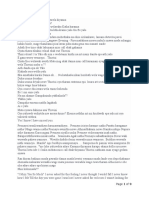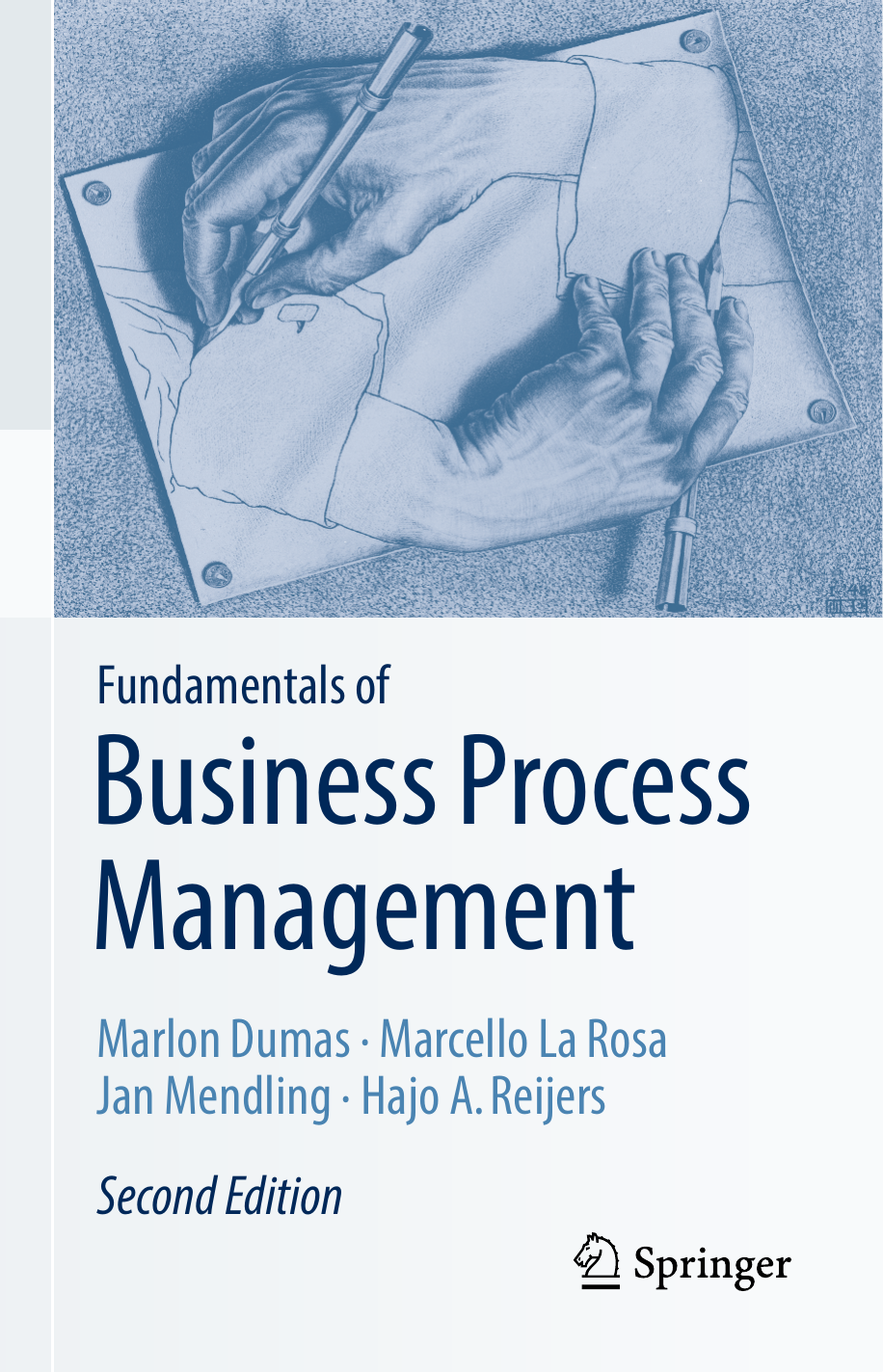Frag'-ment (klasma): 'Fragment,' a piece broken off, occurs only in the plural, in the accounts of the miracles of the Loaves in the Gospels and references thereto. It is the translation of klasma (from klao, 'to break'), 'a piece broken off' (Matthew 14:20 the King James Version); 'broken meat' (Matthew 15:37). Put simply, a sentence fragment is a clause that falls short of true sentencehood because it is missing one of three critical components: a subject, a verb, and a complete thought. We often fail to recognize our sentence fragments because our incomplete thoughts can easily masquerade as sentences. Reuben is the executive producer of Faithlife TV/Faithlife Films. An experienced commercial director and documentary filmmaker (Reunion, Archaeology + Jesus, Aliens & Demons), he lives in Bellingham, WA with his wife SaraAnn and their children.
Fragments and Run-on Sentences
At its base, a sentence is made up of a subject and a verb. We’ll call this the main clause or the independent clause. But what happens when there’s not a subject or a verb? Or when two clauses aren’t combined correctly?
Hello, everyone, and welcome to this Mometrix video. I hope you’ve got your running shoes on because today, we’ll be learning about sentence fragments and run-on sentences. If we’re going to win this grammar race, we’d better get started!
When you hear the phrase sentence fragment, you should immediately begin thinking about pieces, incomplete pieces, or parts of a whole. A sentence fragment is just that; it does not form an independent clause. This means that the sentence is lacking a subject, a verb, or both a subject and a verb. Independent clauses are sentences that stand alone because they contain a subject and a verb in agreement with one another; no other pieces are necessary to consider the sentence complete. Dependent clauses, on the other hand, cannot stand alone because they form incomplete sentences.
Today, we’re going to look at six different types of sentence fragments that you’ll most definitely see in the course of your writing career.
The first type of fragment we’ll look at is the
1. Subordinating Clause

The subordinating clause is a sentence that has a dependent clause that needs an independent clause to attach to in order to form a complete sentence. To form this attachment, a subordinating conjunction such as after, although, before, while, whenever, etc. must be used.
Here’s an example: Before the race
A correction might look as follows: Before the race, you need to lace up your shoes.
The second type of fragment is the
2. Participle Phrase
The participle phrase lacks both a subject and a verb. It must also modify a noun (person, place, thing) and be paired with an independent clause.
Here’s an example: Preparing for the race Adobe design premium cs3 for mac.
In order for this clause to form a complete sentence, we must add an independent clause containing a noun for this clause to modify.
For example: You ran five miles each day, preparing for the race.
The third type of fragment is an
3. Infinitive Phrase

Infinitive Phrases most often involve using the word to within a dependent clause. These phrases can function as nouns, as adjectives describing nouns, or as adverbs describing verbs. While all of this is true, at the end of the day, an infinitive phrase does not have the necessary components to form an independent clause.
Here’s an example: To run the race
A complete sentence might be: You are prepared to run the race.
In this example to run the race is functioning as an adverb that describes what the subject is prepared for.
The fourth type of sentence fragment is the
4. Verb Phrase
A verb phrase, as you might could guess, only contains the verb of a sentence and is missing the subject. These are a little tricky at first glance because the verb phrase seems to be able to stand alone. Since the phrase does not contain a subject, it cannot be an independent clause, thus making it a sentence fragment.
Here’s an example: Waited at the starting line

In this example, we are not given the who or the what that waited at the starting line. A complete sentence might look like this:
You waited at the starting line to begin the race.
Now we have a subject to go with the verb in our sentence!
5. Appositives
Appositives are also a form of sentence fragment.
Appositives are used to rename the subject of a sentence but do not take the place of the subject overall.
This one is a little more simply explained with an example:
The ones with the broken laces
By itself, it is clear to see that this clause is meant to define an object. Here’s a correct way to write this sentence:
In a moment of panic, you thought you were wearing the wrong track shoes, the ones with the broken laces.
Now we see that “the ones with the broken laces” could rename the noun “shoes”. We also see with this sentence that “the ones with the broken laces” could not function as the subject because it would be too unclear as to what was being described.
The final type of fragment we will discuss is the
6. Afterthought Clause
You may not have formally heard of this type of sentence fragment, but I guarantee you’ve probably seen it or accidently used it! Some common afterthought clauses are: including, such as, like, for example, especially, etc. Often times, we’ll use these words in our paragraphs to begin and form a sentence. But this is wrong! Let’s look at an example to see how we should and should not use these words:
Including fruits, vegetables, and quality sources of proteins
By itself, this is very clearly not an independent clause, but you’d be surprised how many sentences we see that are written just like this one.
A correct use for the afterthought clause might look like this:
As a runner, you should be sure to eat a healthy and balanced diet, including fruits, vegetables, and quality sources of proteins.
Now that we’ve gone over six main types of sentence fragments, I want to give you a couple of tips for catching fragments in your own writing!
Number one: Proofreading is a great opportunity for catching sentence fragments and for improving the quality of your work. Proofreading is simply rereading your work once you have completed it and before you submit it anywhere. Airport simulator free download mac.
Number two: You might also try reading your sentences aloud, backwards. Reading your sentences backwards helps your brain to pick up on the awkward wording of fragments that you might not otherwise notice if you read the sentence(s) as is.
Youtube client for mac. Another concept in the race for the most grammatically correct sentence is the Run-on Sentence.
What’s the problem with a run-on sentence? You’ve got to work extra hard to catch them!
Anybody? Anybody?
Anyways, the run-on sentence is a pretty simple concept on paper, however when reading to yourself or speaking in everyday conversation, it is difficult to notice a run-on sentence.
A run-on sentence occurs when two or more independent clauses are paired together without an appropriate conjunction or punctuation mark. Don’t let the length of a sentence fool you. Length is not a good indicator of whether or not a sentence is running-on; it really comes down to punctuation placement and appropriate separation of the two or more independent clauses featured in the sentence.
Run-on Sentences can be fixed by adding end punctuation, by adding a conjunction, or by adding a semicolon. Deciding which solution to use when correcting your run-on sentences will just depend on the makeup of the clauses you’re working with.
Let’s go ahead and look at some examples:
I will run the race I will win the race.
Here, we have two independent clauses incorrectly connected.
Clause One: I will run the race. And
Clause Two: I will win the race.
We’ll look at examples of corrections that use each of our three ways for fixing a run-on sentence.
Correction with semicolon: I will run the race; I will win the race.
Correction with conjunction: I will run the race, and I will win the race.
Correction with end punctuation: I will run the race. I will win the race.
Fragments Ivrejected Scriptures Study
A type of run-on sentence you’ll have work harder to catch is the infamous comma-splice. A comma splice occurs when two or more independent clauses are connected only by commas.
Here’s an example:
I will run the race, I will win the race.
Comma splices can be easily fixed by adding a conjunction behind the comma and before the next main clause begins, by adding a semicolon instead of a comma, or by simply turning each clause into its own sentence.
If you thought this lesson helped you cross the finish line in the race for grammatically correct sentences, then be sure to “like” and “subscribe” to our channel! Until next time!
CSSPlus
John Jamison
As Jesus walked beside the Sea of Galilee, he saw Simon and his brother Andrew casting a net into the lake, for they were fishermen. “Come, follow me,” Jesus said, “and I will send you out to fish for people.” At once they left their nets and followed him.
The Immediate Word
Katy Stenta
Mary Austin
Christopher Keating
George Reed
Bethany Peerbolte
Dean Feldmeyer
Thomas Willadsen
- And Immediately, God’s Mind Is Finally Changed by Katy Stenta — When we argue with God for grace — we almost always “win.”
- Second Thoughts: Fishing for Hope by Mary Austin. — Jesus and his friends begin their shared ministry immediately, and we long for the same kind of quick change in our world, even knowing there’s no immediate fix.
Emphasis Preaching Journal
Wayne Brouwer
Even the great eighteenth-century evangelist John Wesley noticed that a number of people in his congregation were fast asleep. Without a warning, he suddenly broke his train of homiletic thought, and yelled out at the top of his voice, “FIRE! FIRE!”
Bonnie Bates
Bill Thomas
Mark Ellingsen
Frank Ramirez
On New Year’s Day, 1929, Georgia Tech played University of California in the Rose Bowl. In that game a man named Roy Riegels recovered a fumble for California, but became confused, however, and ran 65 yards in the wrong direction. One of his teammates outran him and tackled him at their own one-yard line. Cal attempted to punt on the next play, but Tech blocked the kick and scored a safety.
StoryShare
John E. Sumwalt
Frank Ramirez
“Yes, God Speaks to Us Directly” by John Sumwalt
“Not Getting Any Credit” by Frank Ramirez
Yes, God Speaks to Us Directly
by John Sumwalt
Psalm 62:5-12
“On God rests my deliverance and my honor;my mighty rock, my refuge is in God.” (v. 7)
The Village Shepherd
Janice B. Scott
One of the interesting features about this story of the calling of the first disciples, is that they all immediately left everything to follow Jesus. It was as though they instinctively knew where they would find life with a capital L.
Donovan Duckling is instinctively tied to his mother's apron strings. When the time is right, will he have a strong enough desire to cut those ties?..
SermonStudio
Constance Berg
Richard E. Gribble, CSC
Fragments Ivrejected Scriptures Reading
James R. Wilson
Fragments Ivrejected Scriptures Definition
Leader: Let the redeemed of the Lord gather this day for worship!
People: We were once condemned by our sins and now we know the mercy of God.
Leader: God sent the prophets to call us back into God's will.
People: And God is true and faithful to all who hear and obey the Holy Word.
Leader: Let us proclaim the righteousness of the Lord for all the world to hear!
All: Blessed be the name of the Lord!
Collect
